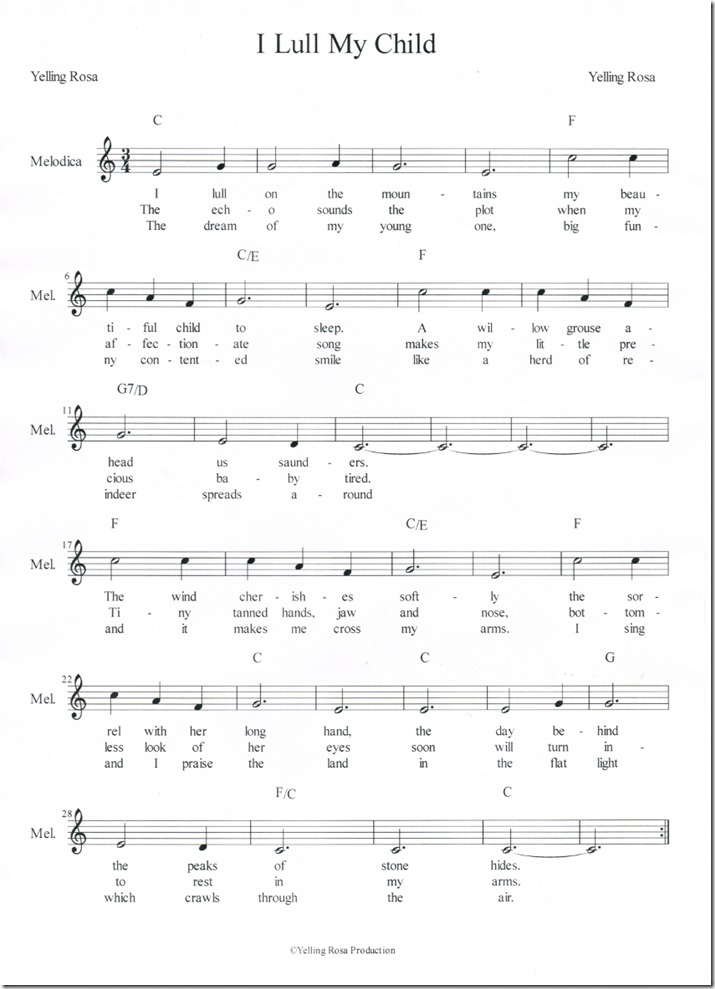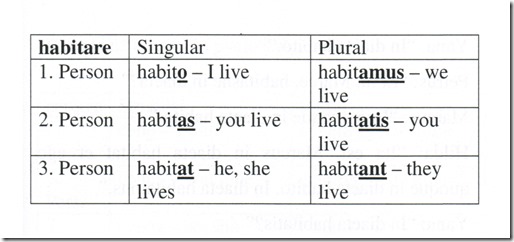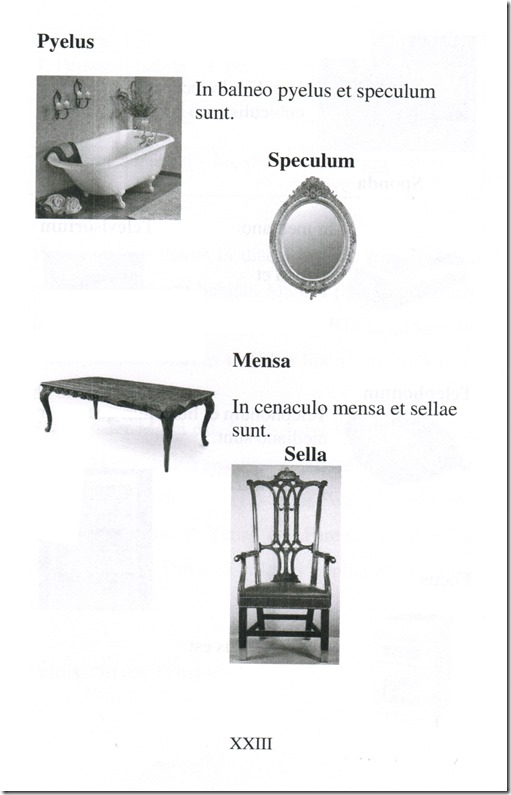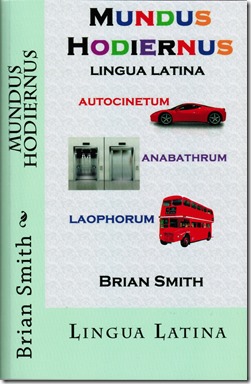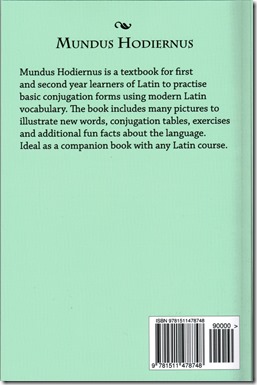Latinan kielessä lauseen objekti on aina akkusatiivissa. Suomi-latina-suomi –sanakirjoissa annetaan substantiiveista nominatiivin ja genetiivin sijat. Jälkimmäisen mukaan sanat jaetaan 5 eri deklinaatioon, joten niistä ei suoraan löydy akkusatiivimuotoa. Netissä on kuitenkin eri sivustoja, joilla voi kysyä mikä on sanan akkusatiivi, kuten esimerkiksi http://latindictionary.wikidot.com/index
Hain sieltä tällä kertaa sanan kirja jota me sitten alamme rakastamaan. Otin sivulta kaksi ruutukaappausta:

Ensimmäinen kuva kertoo, että kirja on latinaksi liber, ja että sen suku on maskuliininen ja että se lukeutuu toiseen deklinaatioon. Toinen kuva alla kertoo, kuinka tämä substantiivi taipuu:

Seuraavaksi meidän täytyy taivuttaa latinan kielen mukaisesti amare –verbi, joka kuuluu ensimmäiseen konjugaatioon, jonka tunnuksena on a-re. Latinan kielen persoonapäätteet preesensissä ovat: –o/m, –s, –t, –mus, –tis, –nt. Ne tulee liittää verbin preesens –vartaloon, joka tässä tapauksessa on ama-. Koska verbi kertoo tekijän, persoonapronominia ei välttämättä tarvitse käyttää, mutta koska me haluamme korostaa, että juuri minä rakastan kirjoja, se voi olla mukana. Tähänastisen tiedon perusteella voimme kyhätä kokoon lauseen:
Amo libros.
Ja egojahan me olemme, joten korostuksen kanssa lause kuuluu:
Ego amo libros.
Huomaa, että preesensvartalon loppuvokaali on hävinnyt ensimmäisen persoonan taivutusmuodosta. Yksikön toisesta persoonasta lukien se on mukana. Lisäksi latinan sanajärjestys noudattaa kaavaa: subjekti-objekti-verbi (SOV). Joten muutamme lauseen tähän kaavaan:
Ego libros amo.
Lopuksi koko hoito kolmella kielellä:
| Ego amo libros |
I love books |
Rakastan kirjoja |
| Tu amas libros |
You love books |
Rakastat kirjoja |
| Is/ea amat libros |
He/she loves books |
Hän rakastaa kirjoja |
| Nos amamus libros |
We love books |
Rakastamme kirjoja |
| Vos amatis libros |
You love books |
Te rakastatte kirjoja |
| Ei amant libros |
They love books |
He rakastavat kirjoja |
Näin ollen, kun tiedät olevan kyseen säännöllisestä I deklinaation verbistä, vaikkapa Salutare => tervehtiä ja että filia (oma tytär) –sanan akkusatiivi on filiam, osaat sanoa:
Hän tervehtii tytärtään.
On toki joitakin poikkeuksia, jolloin suoran objektin sija ei ole akkusatiivi, mutta pääsääntöisin on näin. Vieraille edellä annetussa osoitteessa ja etsi taivutuskaavoja verbeille ja substantiiveille. Hyvä tapa tarkastaa, onko lause rakennettu oikein, on laittaa lause “sitaatteihin” ja googlata se. Useassa tapauksessa saat näin vastauksen, esiintyykö lause rakennetussa muodossa kirjallisuudessa.
Ego linguam latinam amo.
Carpe diem, carpe latinam!
Huom! Voit suurentaa kuvia klikkaamalla niitä hiirenkursorilla!









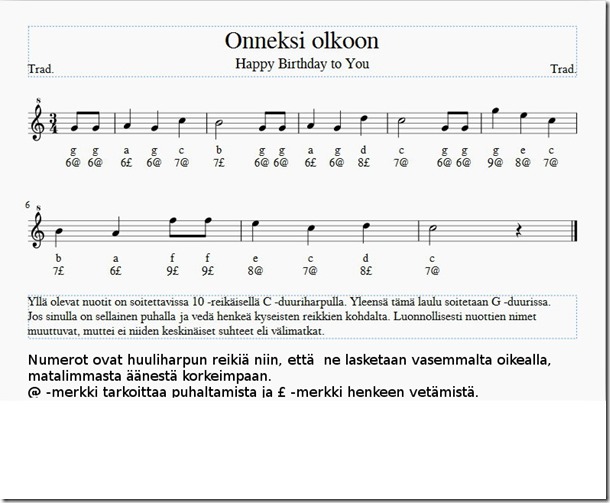

![Linux Format Feb 2015_thumb[3] Linux Format Feb 2015_thumb[3]](https://yellingrosa.com/wordpress/wp-content/uploads/2016/03/LinuxFormatFeb2015_thumb3-1.jpg)





